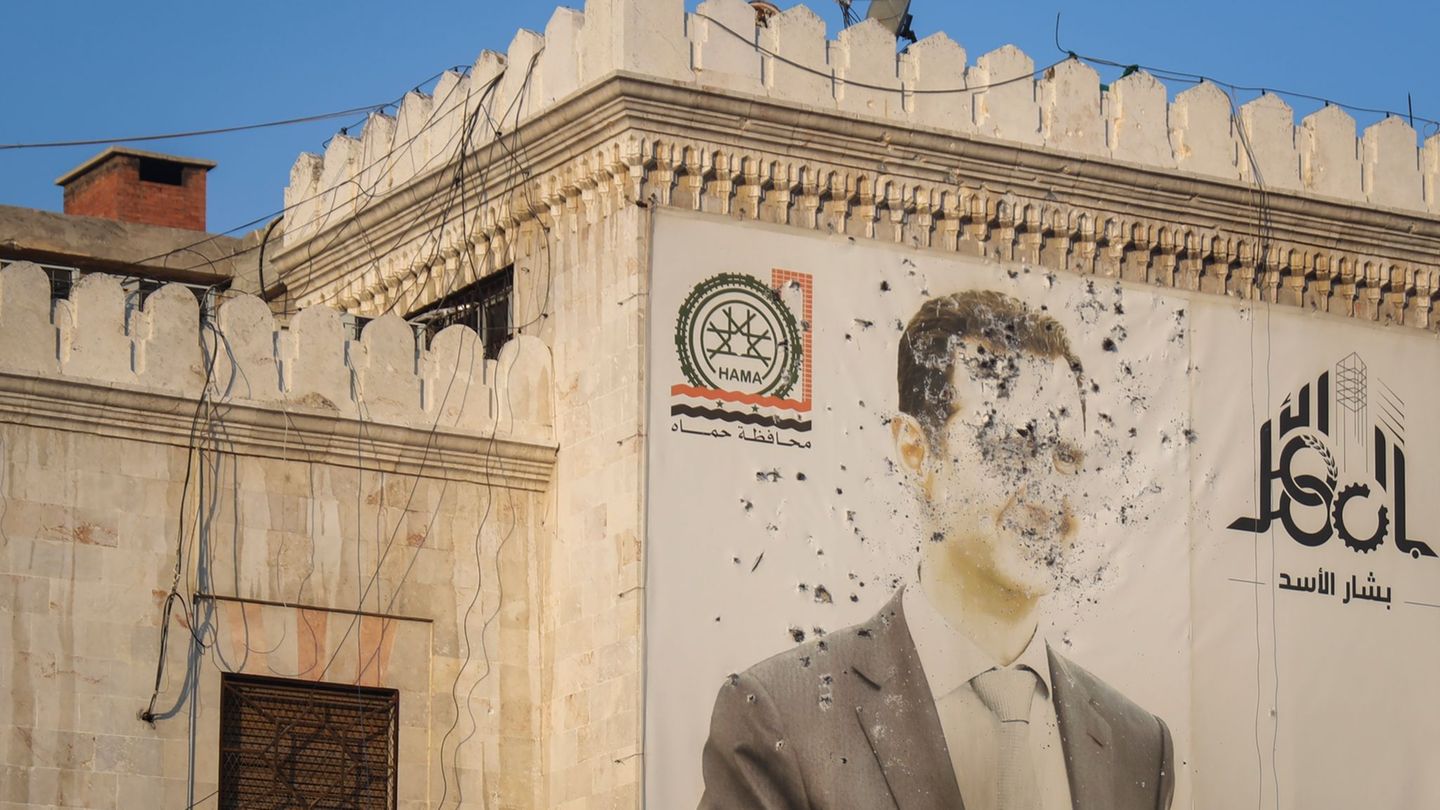Splendor and glory in Paris, sober working atmosphere in Brussels. The receptions that the new German Chancellor Olaf Scholz (63) experienced on Friday on his first trip abroad could hardly have been more different from the outside. But in one respect they were the same: they were visits in old friendship.
The first point of contact for a German chancellor is always in Paris and Brussels. Currently it is the French President Emmanuel Macron and the head of the EU Commission, Ursula von der Leyen. “It’s about how we can make Europe strong,” said Scholz in Paris.
There is much agreement on this. But when it comes to some questions, sand crunches in the gears of the Franco-German axis. It’s about the money. Macron wants to loosen the strict rules of the stability pact permanently. He emphasized that again yesterday. It is about massive investments in climate protection, digitization and modernization. The reconstruction fund with a volume of 750 billion euros was also created for this purpose.
Such words are entirely to the taste of Spain, Greece and Italy. But they go against the line of the “frugals”. The social democrat Scholz might well have enjoyed making state investments easier, but his liberal finance minister Christian Lindner might not. Scholz has so far pulled himself out of the affair by saying that the pact has already shown “flexibility”. Yesterday he said it was possible to combine two requirements: maintain growth and “ensure solid finances at the same time”.
Italy’s Prime Minister Mario Draghi is clearer, and is clearly in favor of reforming the debt rules. And in other ways too, Paris and Rome have recently come very close: Macron and Draghi have signed a friendship treaty that provides for strong cooperation through to defense policy.
When it comes to nuclear power, too, the Berlin-Paris axis is not running smoothly. With the argument of climate neutrality, Macron is aiming for a renaissance of nuclear power and therefore demands that the EU Commission include this as a sustainable form of energy in the list of green investments. Germany, like Austria, is against it.
The commission waited until the traffic light coalition was in office in Berlin before making the decision. But next week she wants to show her colors – probably in the spirit of France. Before their meeting, von der Leyen and Scholz made no statement. However, they always emphasize the many goals that they strive for together. First and foremost, this includes resolutely combating climate change.
Source: Nachrichten




